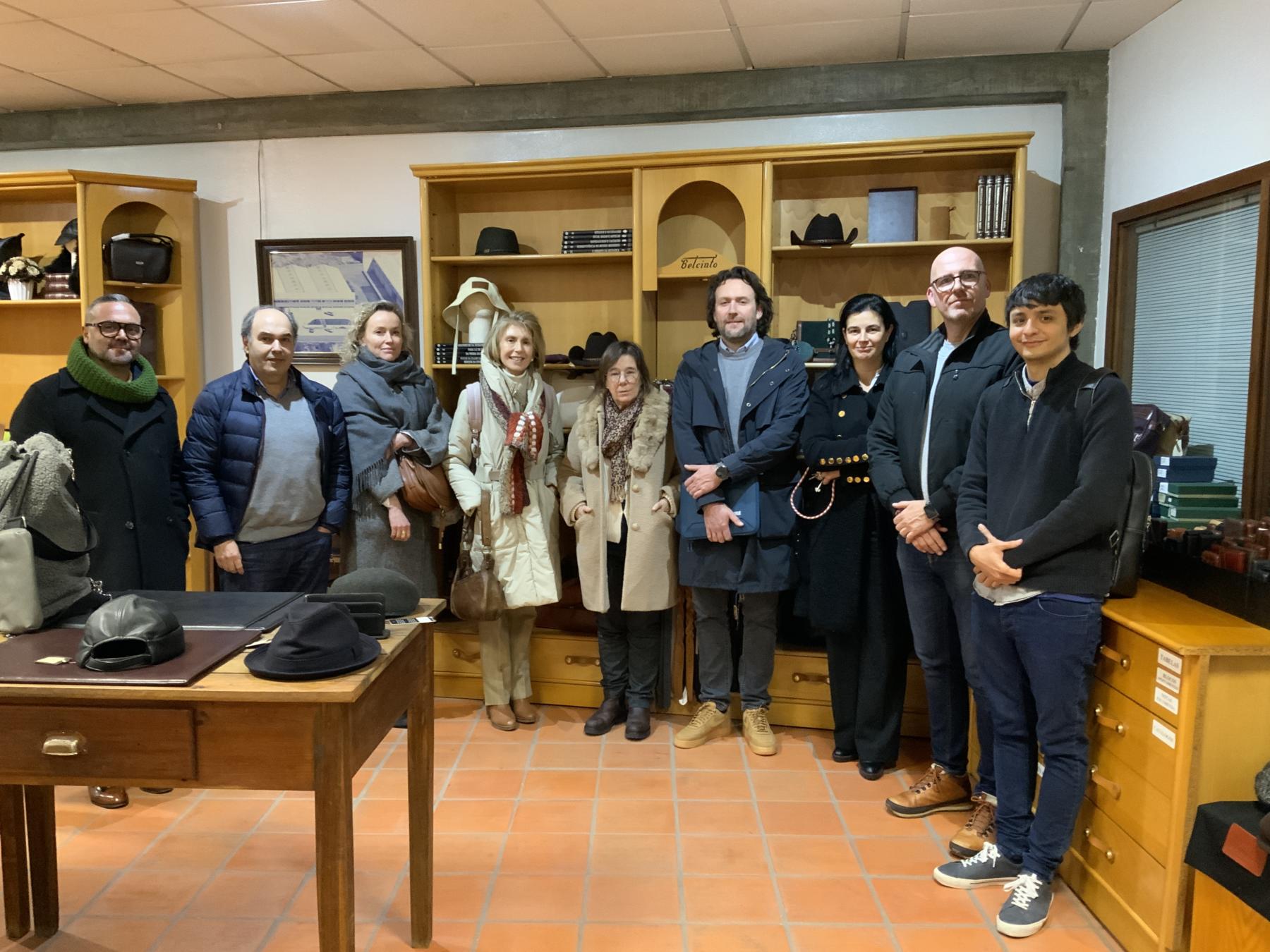Policies
Trade Policy

International trade is vital for EU footwear business expansion and economic growth. The CEC is constantly advocating for a system that relies on open and rules-based trade where global partners operate on a level playing field.
The CEC agrees that trade policy must play its full role in the recovery from the COVID-19 pandemic and in the green and digital transformations of the economy to build a more resilient Europe in the world.
The CEC underlines that building a stronger EU trade policy based on the “Open Strategic Autonomy” model will require essential tools to maintain the openness of EU companies and to build up their resilience. Such tools will have to strengthen EU’s ability to achieve its own environmental and social goals, while continuing to collaborate with worldwide partners to provide solutions to global challenges.
From 2009 to 2019, EU footwear exports to non-EU countries increased by 51% in quantity and 147% in value despite of the still unfortunate trade barriers in strategic markets for the industry. Such results respond to the recognition of high-value products by consumers around the world.
Following the COVID-19 impact on mobility and consumption, there is an urgent need to ensure that EU footwear companies receive the necessary financial support that can endorse their international trade activity and contribute to their recovery from the COVID-19 crisis.
Overall, the CEC is committed to advocate for free and fair trade, and for that purpose efforts are dedicated to:
- Support the EU institutions in unlocking the benefits of EU trade agreements for EU footwear companies when necessary and in tackling trade distortions.
- Encourage the signature of FTAs with strategic markets for the footwear sector and disseminate the benefits among EU footwear companies in order to maximise their utilisation rate.
- Represent and defend the interests of EU footwear industry before European and international institutions.
More concretely, to promote access to markets outside Europe for European footwear companies, the CEC collaborates with the European Commission in different venues:
- By regularly participating in the Civil Society Dialogue, the CEC expresses its concerns and/or recommendations in order the achieve the best possible outcome for the footwear sector when it comes to trade negotiations and to removing trade distortions.
- As part of the Market Access Advisory Committee, the CEC raises awareness of trade barriers that footwear companies could face in relations with trade partners worldwide.
The European Commission’s work on negotiating trade agreements in the past years has been intense, managing to conclude several deals that are expected to create new opportunities for European companies.
The CEC appreciated the EU-UK Trade and Cooperation Agreement (TCA) stipulating zero tariffs and zero quotas access to the UK market. EU-UK footwear trade relations are very strong and the industry on both sides of the channel is determined to continue the good cooperation. In 2020, 37% of EU27 Footwear exports (in quantity) to non-EU countries were directed to the UK. A comprehensive analysis of the EU-UK TCA could be accessed here.
The CEC welcomed the signature and entry into force of the EU-Japan EPA in February 2019. However, the slow liberalisation schedule for EU footwear, the initial burdensome of administrative procedures and the impact of COVID-19 make it difficult to quantify the impact of the first 2 years of implementation. During the first year of the EPA, EU footwear exports to Japan decreased by 8% in quantity and 3% in value, while the average price increased by 13%. Regarding the impact of COVID-19 on the EU-Japan EPA, EU footwear exports decreased by 27% in quantity and 21% in value in 2020 compared to 2019.
CETA (Comprehensive Economic and Trade Agreement) has been provisionally in force since 21 September 2017. The agreement had a positive start for EU footwear. EU footwear exports to Canada increased by 12% in quantity and by 7% in value in the first year of provisional application and by 9% in both value and quantity in the second year. Unfortunately, COVID-19 has affected these exports, which decreased by 22% in quantity and 25% in value in 2020 compared to 2019.
As regards the EU-Mercosur Association Agreement, the CEC is pleased to have reached the best possible outcome for the European footwear and thanks to the European Commission negotiators for their continuous support. A fair and comprehensive deal will favour the economic integration of both regions and create many opportunities for EU companies by giving them more favourable access to a promising export market. Currently, CEC is working together with other EU industries associations to rapidly unlock the ratification process of the agreement.
Ahead of the upcoming legislative proposal on the revision of the EU Generalised Scheme of Preferences (EU GSP), CEC is advocating for a GSP system that would reflect the objectives of the renewed EU trade strategy, ensuring that the EU will secure the benefits of international opportunities, while assertively defending its interests, protecting the EU’s economy from unfair trade practices and ensuring a level playing field. As diversification is essential for eradicating poverty in GSP beneficiary countries, the new system should ensure that the objective of export diversification is recognised as a top priority. Moreover, the current EU GSP scheme needs appropriate safeguards mechanisms along with methodologies and indicators for monitoring and evaluation of GSP impact to provide policy-makers with the right information on the consequences of the GSP on sustainable development, good governance and fundamental rights as well as to facilitate EU decision-making to address its challenges.
International collaboration
The CEC collaborates with footwear national associations worldwide and meets their representatives at the International Footwear Forum to discuss the latest developments of the sector, to work on joint initiatives, and towards developing common practices.
For example, several national footwear associations worldwide express their commitment to work together for free and fair trade, fighting unfair practices such as counterfeiting and dumping, by sharing information and transmitting to their respective governments that the worldwide footwear industry does not agree with tariff and/or non-tariff barriers, but instead support and demand an open and fair global market for our products on a level playing field.
EU tools to facilitate trade
- New portal “Access2Market” to support trade by small businesses
In October 2020, a new online portal, facilitated by the European Commission, explains trade agreements and helps companies ensure their products are eligible for duty discounts. It serves both companies that already trade internationally and those that are only starting to explore opportunities in foreign markets.
- New complaints system to fight trade barriers
The Access2Market portal includes as well a Single-Entry Point tool. It provides a centralised contact point for all EU-based stakeholders who want to lodge a complaint on market access issues or non-compliance with Trade and Sustainable Development in EU Trade Agreements or under GSP system commitments.


